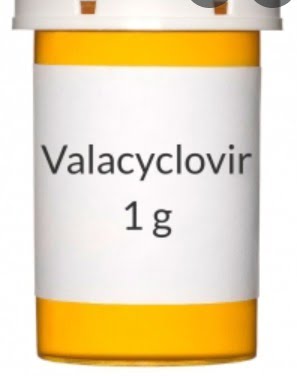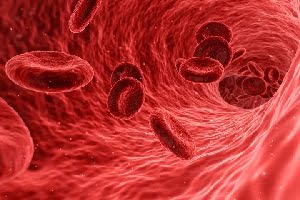Browsing: Sexual Health
 The page provides quick access to a list of common sexually transmitted diseases, syndromes, health conditions, and other topics of health importance. The list is organized alphabetically. Links are provided to respective diseases sections that serve as a comprehensive and ultimate guide about the disease or health condition.
The page provides quick access to a list of common sexually transmitted diseases, syndromes, health conditions, and other topics of health importance. The list is organized alphabetically. Links are provided to respective diseases sections that serve as a comprehensive and ultimate guide about the disease or health condition.
Sexually transmitted diseases (STDs) are those infections or other kinds of diseases which pass from one individual to another through sexual contact. It is commonly referred as venereal diseases (VD). Some STDs can also spread through the use of non-sterilized needles used for drug intake, transferred from mother to her child during childbirth or breast-feeding and blood transfusions.
STDs usually involve transmission of microorganisms which reside in the skin or mucous membranes of male and female genitals. These infectious organisms are transferred through semen, vaginal secretions or blood during sexual intercourse. In severe cases, certain sexually transmitted infections can result in serious life-long problems such as infertility and issues in newborns such as blindness, developmental disabilities, and bone deformities and in some cases death of the child.
The World Health Organization (WHO) reported incidence of more than 1 million new STD cases, each day globally. People belonging to age group of 15-24 years have indicated incidence of about half of the new STDs cases. STDs have affected females more than males.
Common STDs include chlamydia, chancroid, crabs, genital herpes, genital warts, hepatitis B, human immunodeficiency virus (HIV), human papillomavirus (HPV), syphilis, gonorrhea and trichomoniasis.
Generic Viagra, Cialis & Levitra: Do They Work Like the Brand?
If you have ever had any sexual health issue, you must have come across the names of these medications—Viagra, Cialis,…
Erectile dysfunction (ED) is an incredibly common issue that impacts men of all ages globally. Statistics show that around 322…
Understanding Platelet-Rich Plasma (PRP) and Its Role in the P-Shot Procedure
Erectile Dysfunction is faced by many men all over the world. It not only impacts one sexual libido and performance…
In today’s world, living a healthier lifestyle is not so easy. People are developing many health disorders due to an…
The antiviral drug valacyclovir is used to treat infections caused by the varicella-zoster virus, also known as chickenpox or HSV (herpes…
Erectile dysfunction is found to play some role in the development of erectile dysfunction, according to a new research. Researchers say that they have found an area of the genome which is responsible to increase the risk of impotence due to erectile dysfunction.
Frequently Asked Questions (FAQs) About Genital Herpes: DiseaseFix Fact Sheet
Here are some top questions people usually seek answer for in genital herpes. Genital herpes is a sexually transmitted disease (STD) caused by two types of viruses. The viruses are called herpes simplex virus type 1 (HSV-1) and herpes simplex virus type 2 (HSV-2). There is no cure for this disease.
Peripheral Vascular Disease and Erectile Dysfunction
Both erectile dysfunction (ED) and peripheral vascular disease (ED) are two different conditions. Erectile dysfunction is found in men making them unable to get and maintain an erection firm enough for sexual intercourse. Peripheral vascular disease (PVD) on the other hand is a circulatory problem in which the arteries become narrow and therefore reduce the flow of blood to lower limbs.
Early Signs and Diagnosis of Erectile Dysfunction
Erectile dysfunction (ED) is a condition found in men which makes them unable to get or keep an erection firm enough to go for sexual intercourse. Uncommonly, this condition is also referred to impotence. Age can be a risk factor for erectile dysfunction in men but it doesn’t cause ED. Some early warning signs of ED are discussed in this article.
Genital herpes is one of the most common types of STDs which is caused by a virus known as herpes simplex virus (HSV). The disease tends to cause sores on the genital or rectal area, thighs and buttocks. A person can easily get the disease from another infected person through sexual intercourse.













